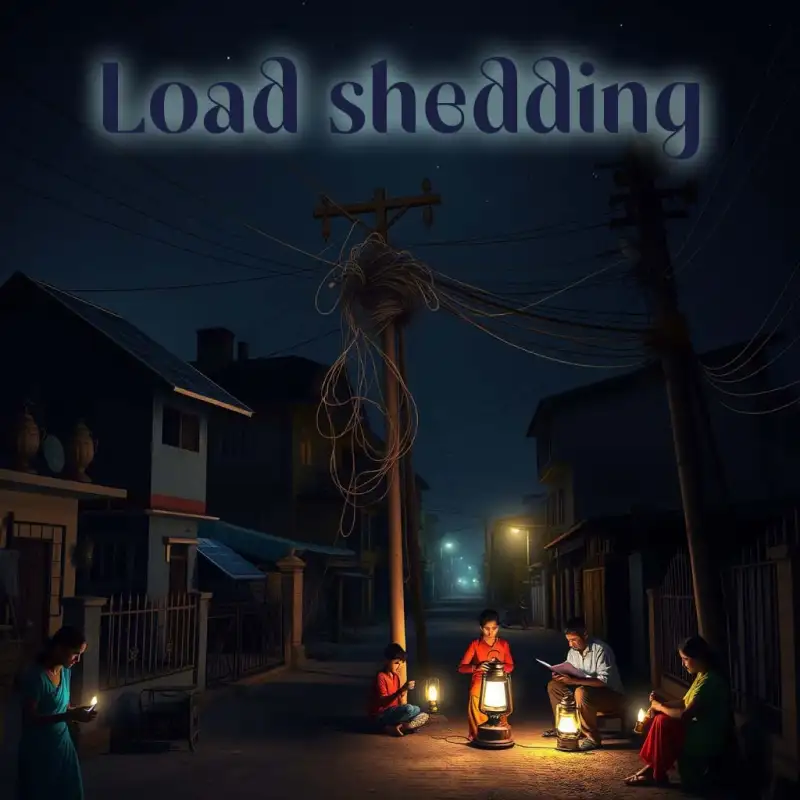RBI Takes Swift Action to Address Financial Concerns, Revokes Licenses of Two Urban Cooperative Banks - Digiforum Space
Share
Facebook X LinkedIn Tumblr Pinterest Pocket Skype Messenger Messenger ViberDepositors Safeguarded Through DICGC, Liquidation Process Commences
The Reserve Bank of India (RBI) has proactively intervened to safeguard depositor interests and maintain financial stability by revoking the licenses of two urban cooperative banks, namely, Hiriyur Urban Cooperative Bank and Shree Mahalaxmi Mercantile Cooperative Bank. The announcement, made on January 13, 2024, follows a thorough evaluation of the banks’ financial standing, revealing insufficient capital and unpromising earnings prospects.
Key Reasons Behind License Revocation:
- Inadequate Capitalization: Both banks fell short of the minimum capital requirements mandated by the Banking Regulation Act, 1949, raising concerns about their resilience in the face of financial challenges and their ability to protect depositors’ funds.
- Diminished Earning Prospects: The RBI’s evaluation painted a bleak picture of profitability, indicating an inability to generate enough income to sustain operations and fulfill obligations to depositors.
- Non-Compliance with Regulatory Standards: Violations of multiple provisions of the Banking Regulation Act, 1949, related to capital adequacy, asset quality, and management practices were identified.
Protection of Depositors’ Interests:
- DICGC Assurance: The Deposit Insurance and Credit Guarantee Corporation (DICGC) has stepped in to guarantee full reimbursement for the vast majority of depositors. As of September 30, 2023:
- 99.36% of depositors in Shree Mahalaxmi Mercantile Cooperative Bank are eligible for complete deposit insurance coverage.
- 99.93% of depositors in Hiriyur Urban Cooperative Bank are eligible for full deposit insurance coverage.
- DICGC has already sanctioned Rs 24.58 crore for Shree Mahalaxmi Mercantile Cooperative Bank depositors and disbursed Rs 224.53 lakh for Hiriyur Urban Cooperative Bank depositors.
Commencement of Winding-Up Process:
- Directive to Initiate Winding-Up: The RBI has instructed the Registrar of Cooperative Societies to initiate the winding-up process for both banks.
- Appointment of Liquidators: Liquidators will oversee the orderly settlement of liabilities and the fair distribution of assets to depositors and creditors.
RBI’s Dedication to Financial Stability:
- Demonstrated Commitment: The RBI’s actions underscore its commitment to upholding financial stability and safeguarding depositors’ interests.
- Timely Intervention: The swift intervention aims to prevent further deterioration of the banks’ financial health and mitigate potential risks to the broader financial system.
- Critical Vigilance: The RBI’s vigilance and proactive measures are pivotal for ensuring the robustness and resilience of the cooperative banking sector.
Insights from Experts:
- Necessary Protection: “[Quote from a financial expert] states, ‘The RBI’s decision to revoke the licenses of these two banks is a necessary step to protect depositors and maintain financial stability.'”
- Importance of Norm Adherence: “[Quote from a banking analyst] emphasizes, ‘It is essential for cooperative banks to adhere to prudential norms and maintain adequate capital buffers to ensure their long-term viability.'”
A Reminder of Financial Management Importance:
RBI’s Message: The RBI’s actions serve as a reminder of the significance of sound financial management and regulatory compliance within the cooperative banking sector. This move is anticipated to fortify public confidence in the banking system and reaffirm the RBI’s commitment to safeguarding depositors’ interests.
Additional Resources:
- For detailed information on DICGC’s deposit insurance coverage, visit their website: [https://www.dicgc.org.in/]
Copy URL URL Copied
Send an email 14/01/20240 78 2 minutes read
Share
Facebook X LinkedIn Tumblr Pinterest Pocket Skype Messenger Messenger ViberShare
Facebook X LinkedIn Tumblr Pinterest Reddit VKontakte Odnoklassniki Pocket Skype Share via Email Print





